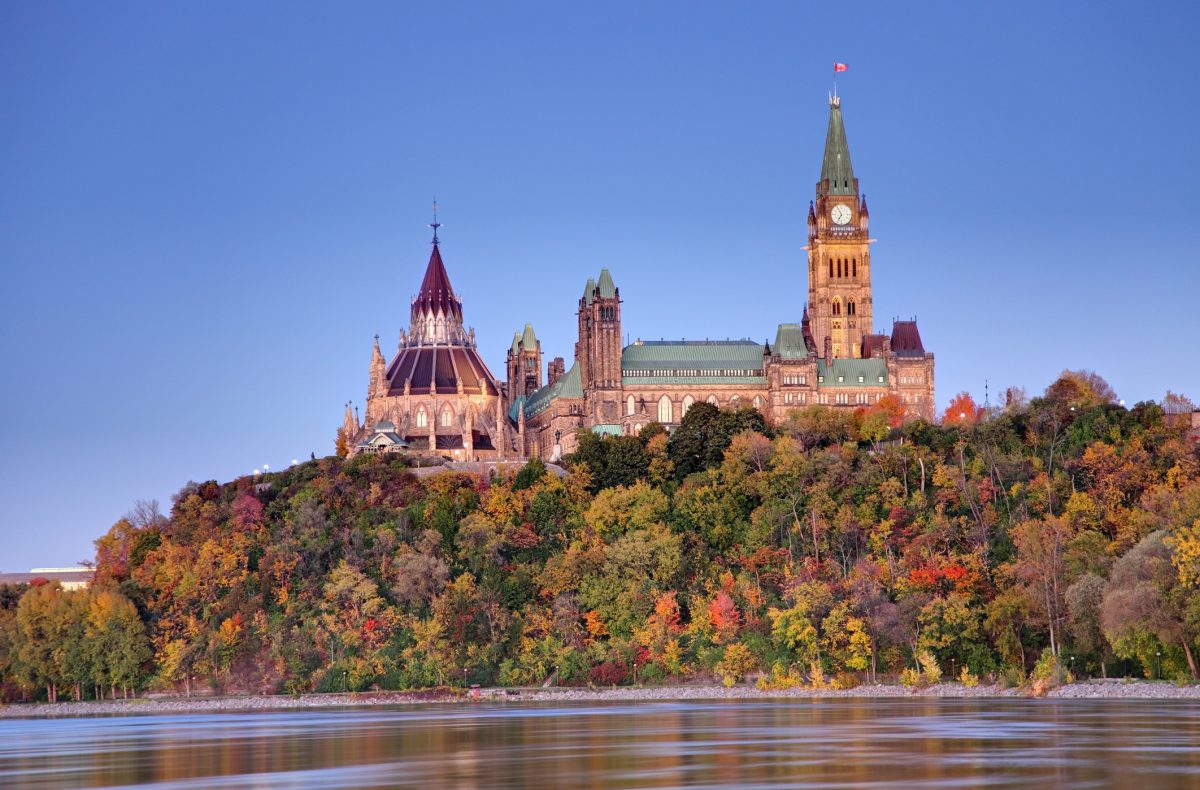A group of Members of Parliament and Senators from the Liberal, Conservative, and New Democratic parties have co-signed a letter to federal Finance Minister Bill Morneau, requesting that the government invest $1.4 billion over the next three years to expand Canada’s protected land and marine areas. As reported in The Globe and Mail, this investment is required to ensure that Canada meet its commitment to protect at least 17 per cent of its land by 2020 as required by the United Nations Convention on Biological Diversity.
Drafted by Quebec Liberal M.P. William Amos, the letter reflects The Recommendations for Budget 2018, a report published by The Green Budget Coalition of Canada, a Metcalf grantee. The Coalition is comprised of 19 Canadian environmental organizations.
The Toronto Star Editorial Board also endorsed the letter, calling it a “compelling case for historic investment in conservation”.
There is broad consensus that Canada has underinvested in conservation efforts and comprehensive action is required if it is to meet the 2020 targets. When former Prime Minister Stephen Harper signed on to the U.N. Convention in 2010, only 9.6 per cent of Canada’s land and freshwater was protected and in subsequent years, there has been scant progress.
“I am absolutely convinced that the federal government has underinvested for the better part of the last 15 years,” said Mr. Amos is quoted as saying in The Globe.
The Star argues that the consequences of inaction are “stark”, citing a report by the World Wildlife Fund that found that of 903 Canadian species, currently around half have experienced serious population decline over the last four decades.
According to The Globe article, Canadians overwhelmingly support meeting the U.N. targets. A recent poll taken by the Earnscliffe Strategy Group for The Schad Foundation and Boreal Songbird Initiative found that 87 per cent of respondents believe that Canada should meet its 2020 obligations and that four out of five supported increased funding for this purpose.


